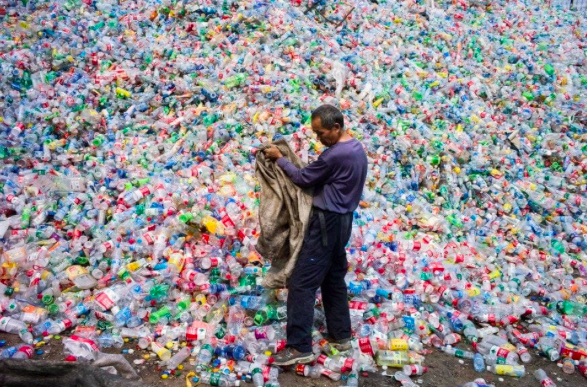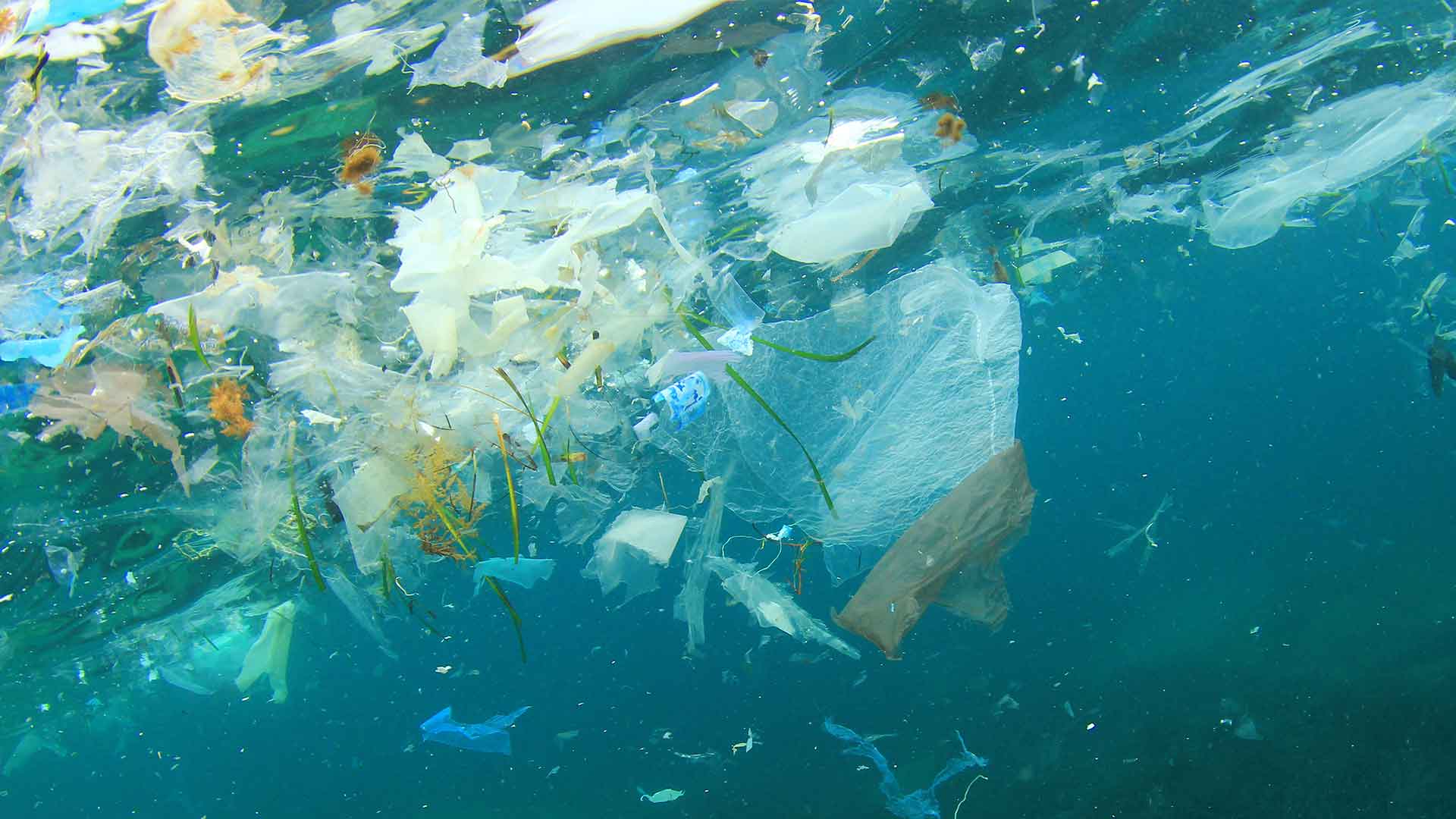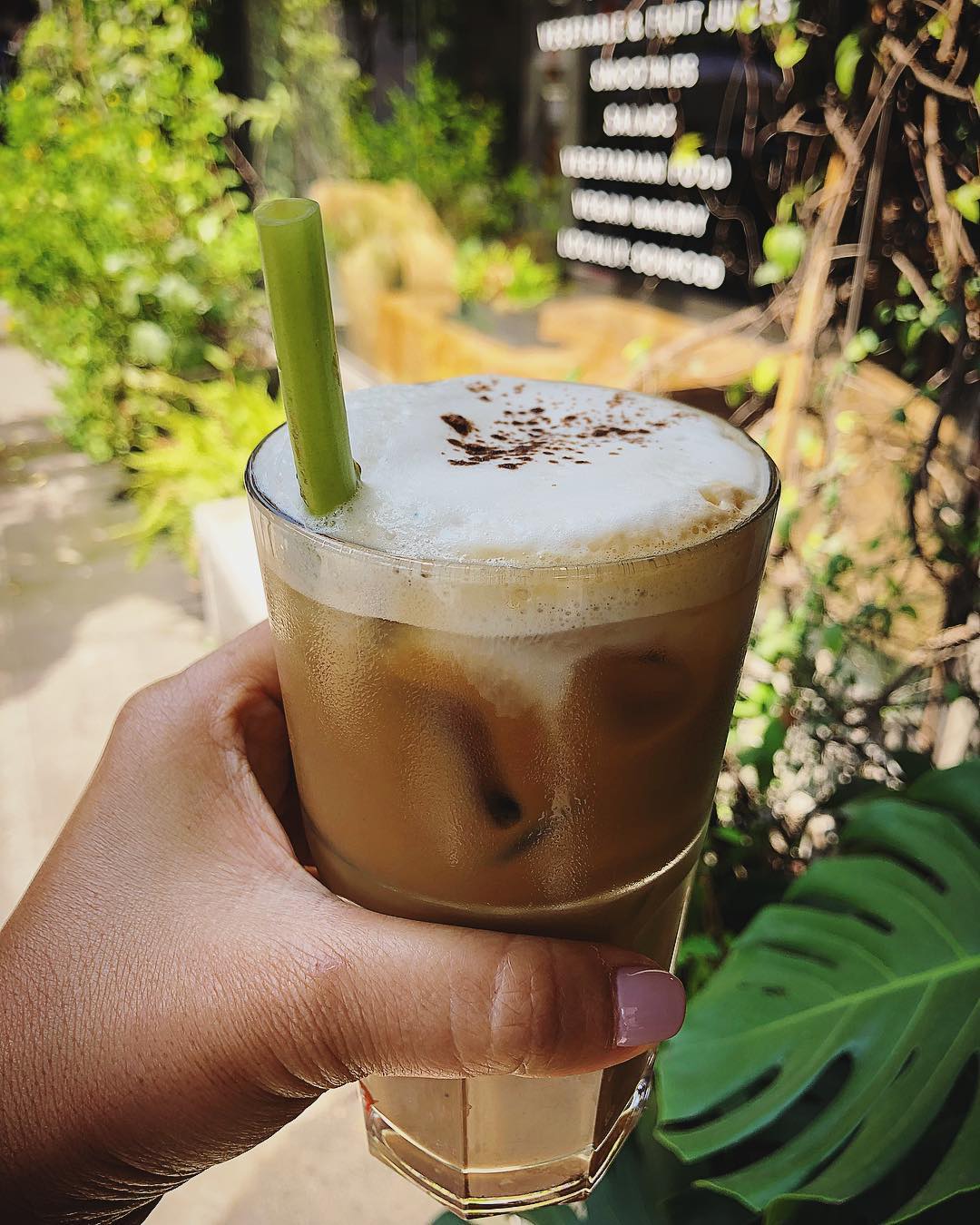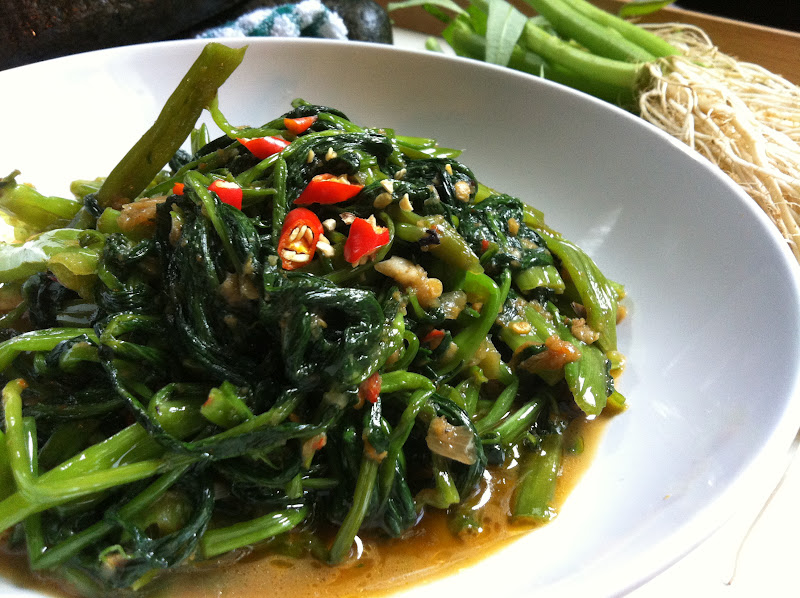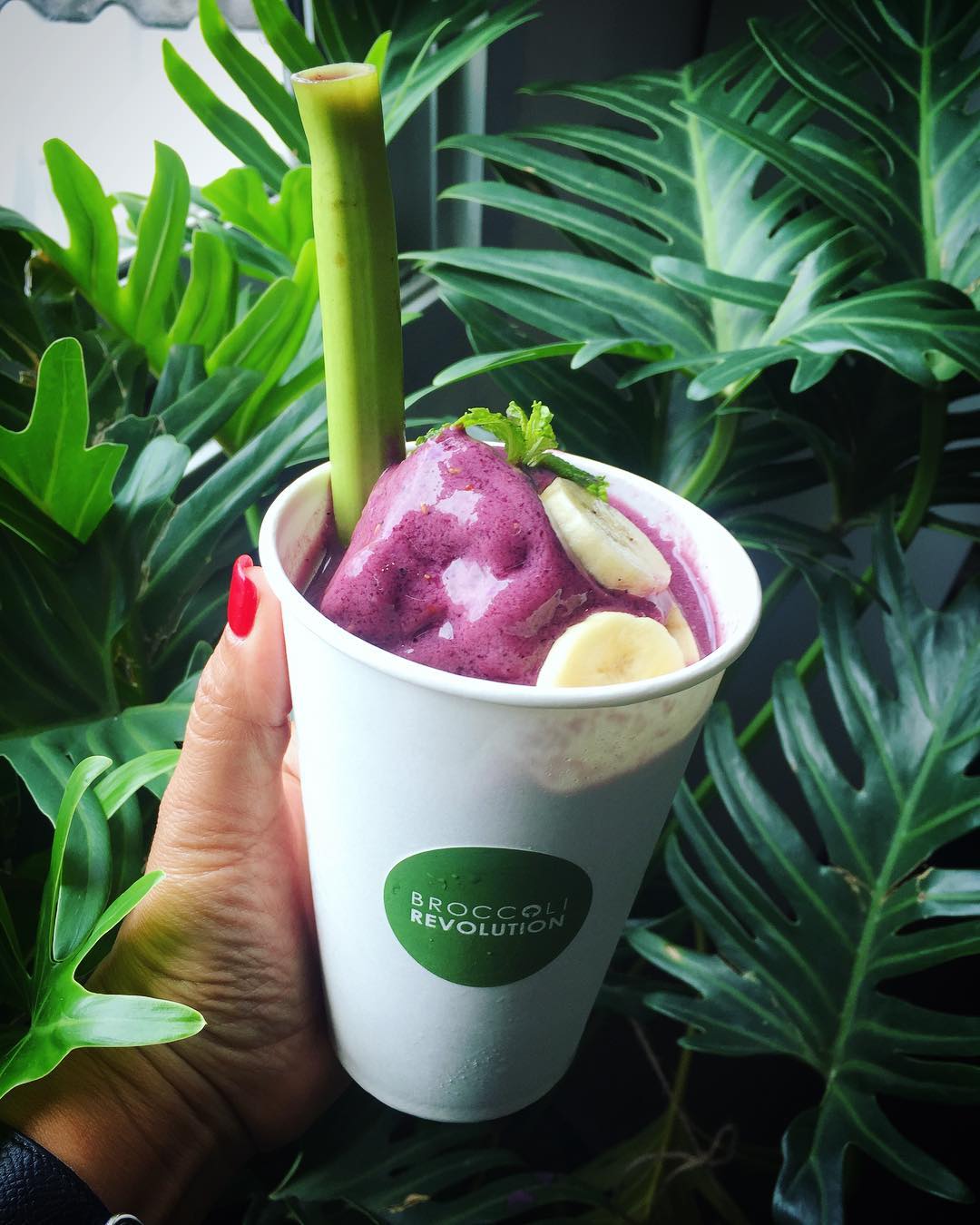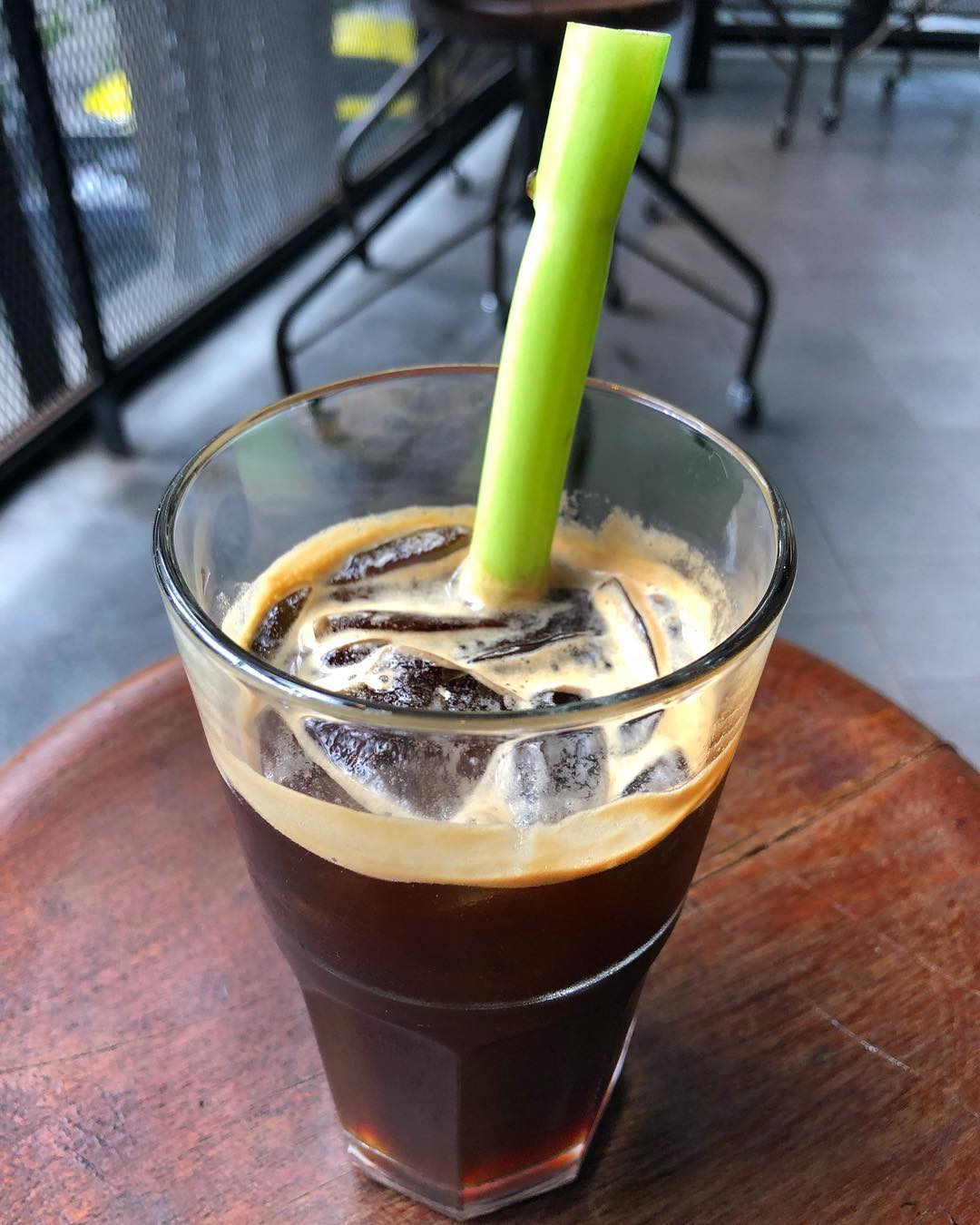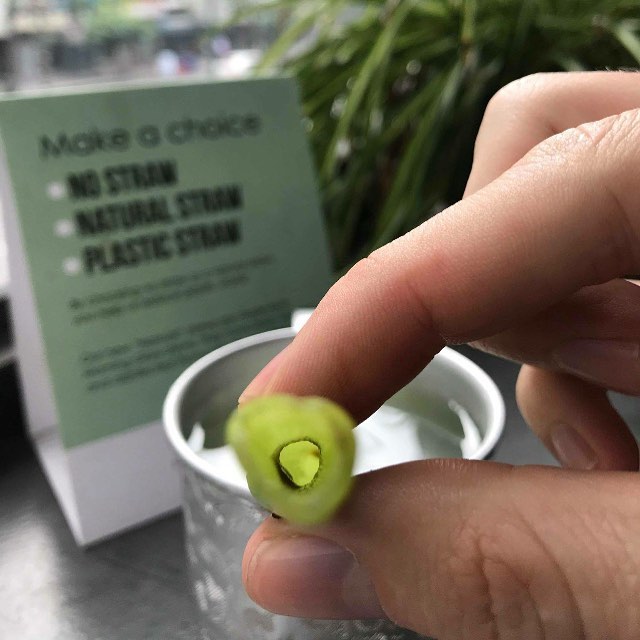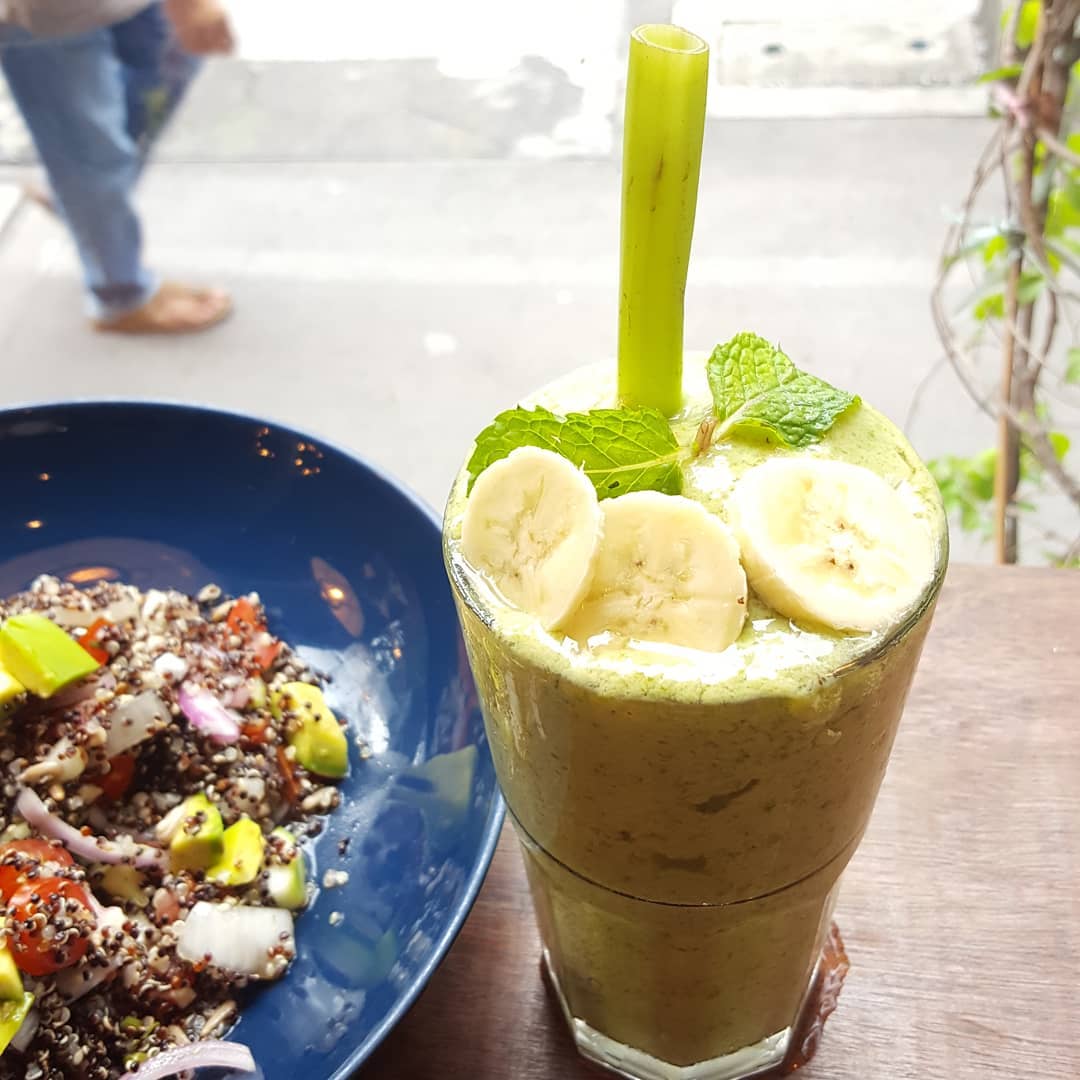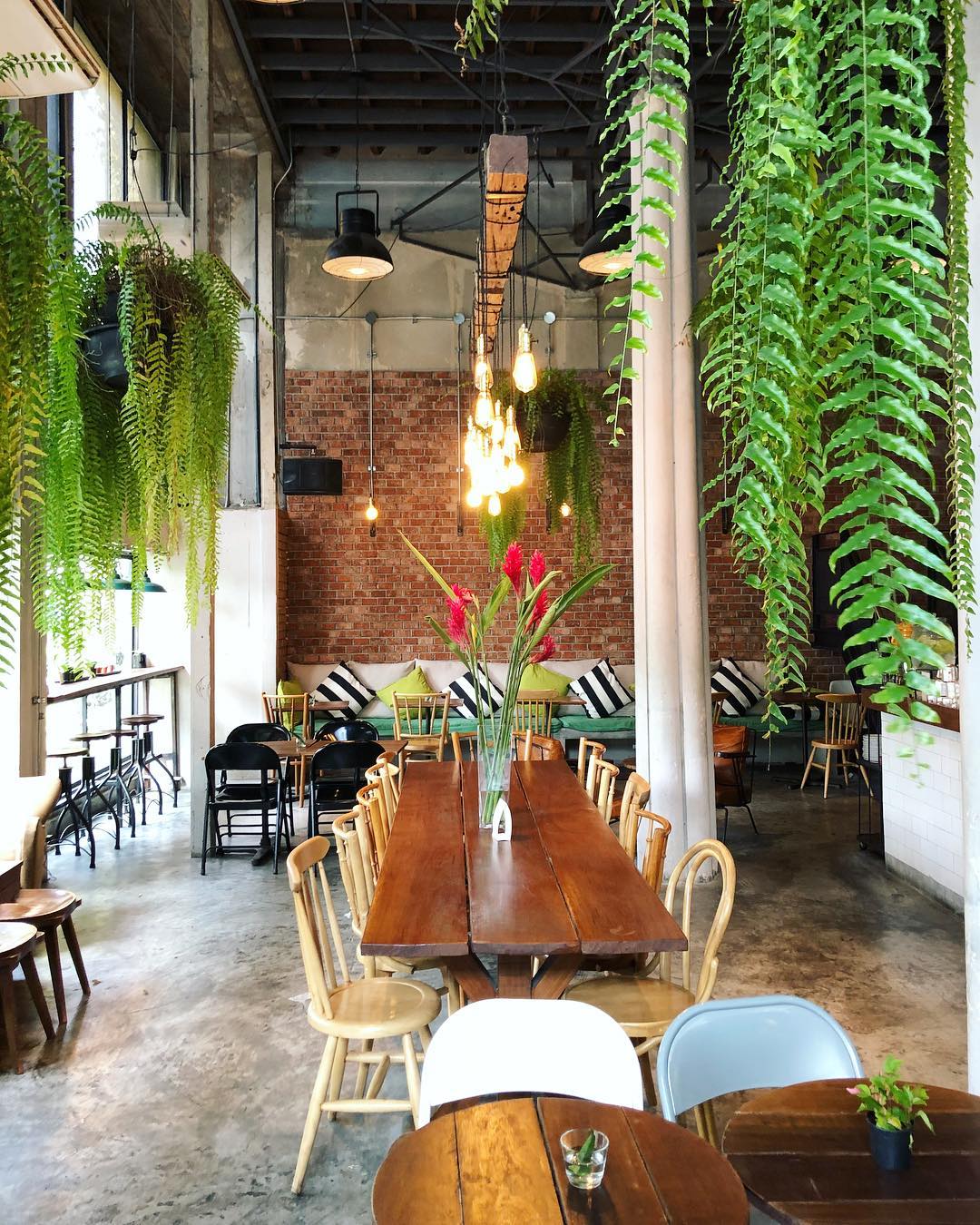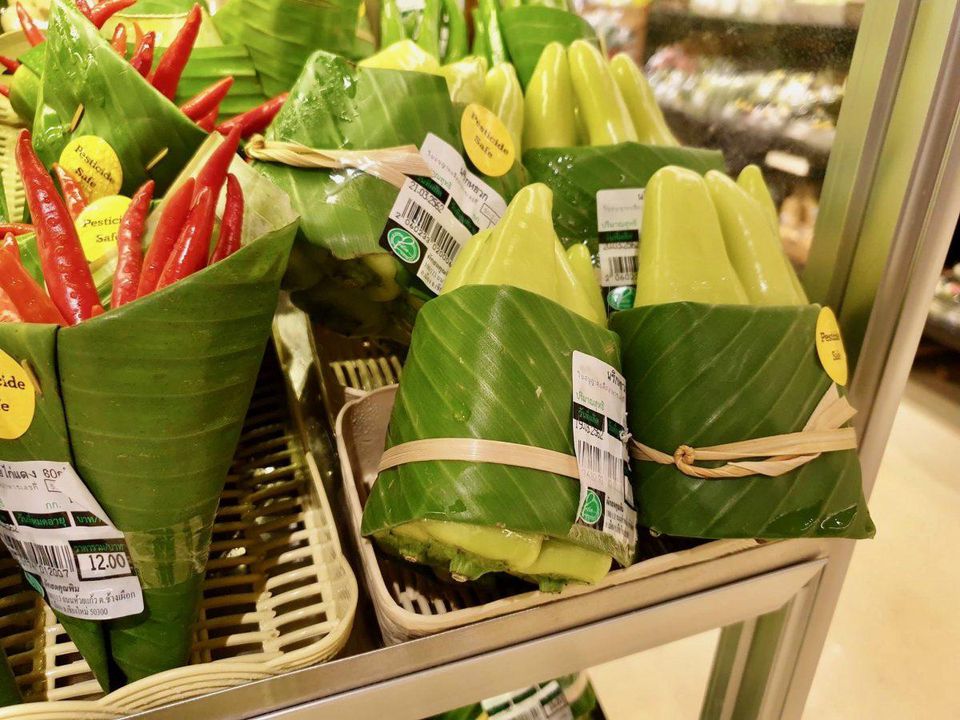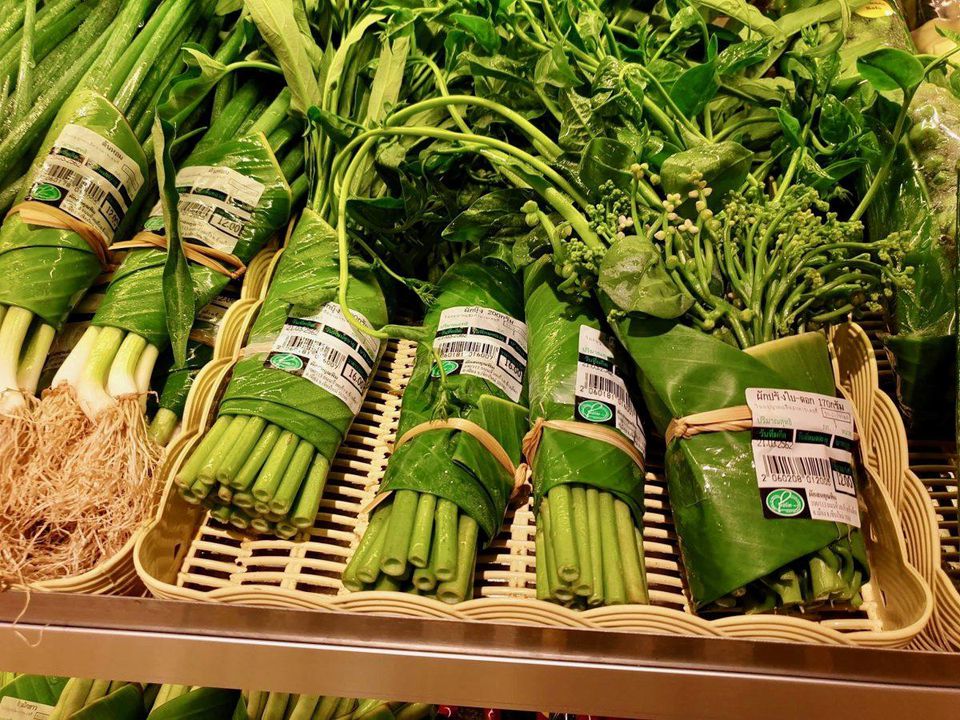Kangkong Straws & Banana Leaves Packaging: Thailand's Inventive Ways To Reduce Plastic Use
Way to take being environmentally conscious to the next level!
It's a well-known fact that plastic is everywhere.
It's also common knowledge that excessive use of plastic is harmful to the planet, and by extension, all of its inhabitants.
From harming wildlife and marine life, to pollution and contributing to climate change - the list goes on.
This is why businesses around the world have started to introduce and commit to using alternatives to plastic.
However, Thailand may be in the lead when it comes to inventiveness.
While metal straws are becoming widely used now thanks to plastic straw bans in eateries, here's one you probably haven't heard of or seen before...
Kangkong straws.
The leafy vegetable, otherwise known as water spinach, water morning glory, or Chinese spinach, is not a new addition to restaurants and households.
Though you're probably more familiar with it when it's stir-fried and covered in belacan.
Broccoli Revolution, a vegan restaurant chain in Bangkok, Thailand is taking their responsibility towards the environment very seriously with these inventive edible kangkong straws
By repurposing the stems of the vegetable into sturdy drinking straws, the restaurant proved that it works just as well as plastic or metal straws, whether your beverage of choice is a caffeinated drink, a thick fruit smoothie, or just water.
So sturdy in fact, they apparently last for hours while soaking in a drink.
Since the kangkong straws are edible, customers can simply snack on them once they're done using them as straws
For those who'd rather not eat the kangkong, no worries - the straws are biodegradable when discarded, eliminating the concern of long-term pollution.
For those who aren't fans of the vegetable's taste, they don't impart much added flavour into any drink, according to the restaurant's co-owner Saks Rouypirom.
He told Coconuts Bangkok that Broccoli Revolution obtains the kangkong for its straws from local markets.
Despite the fact that they cost THB3 (RM0.38) each compared to THB1 (RM0.13) each for average plastic straws, he said that the extra cost is negligible for the greater good.
In the same vein, a Thai supermarket has been using banana leaves to wrap its produce
Despite the fact that some plastic is used to adhere the labels, this method still significantly reduces the amount of plastic required.
On this front, Malaysia's not far behind.
Select Jaya Grocer stores have recently started using banana leaves as packaging for their produce too!
The banana leaves used by Jaya Grocer are supplied by OA Organik, a fair trade community enterprise partnering with the Orang Asli that allows Orang Asli farmers' to earn sustainable income via organic farming.
Small, simple changes can make the biggest differences! Here's to doing whatever we can to help. <3
